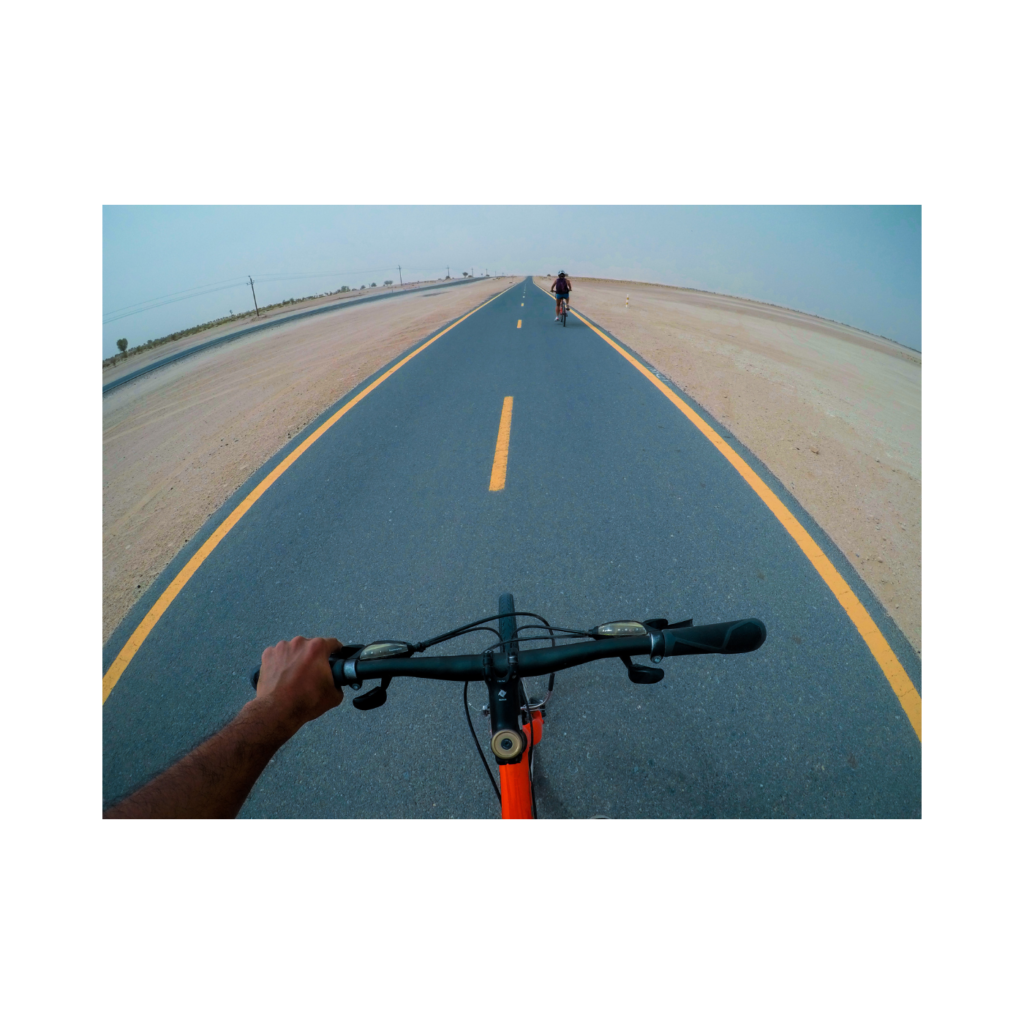
“What you get by achieving your goals is not as important as what you become by achieving your goals.” Zig Ziglar
Learning or sharpening the skill of having goals and achieving them will enable us to lead an inspired harmonious life. We can set goals that are of two general categories. We can set goals in the competitive plane and goals in the creative plane. Having goals of a competitive nature means, in most cases, by you winning, someone else losses or gets vanquished. Setting goals in the creative nature means that when you win, many others win or benefit from your achieving that goal.
The author and motivational speaker Jim Rohn said “If you go to work on your goals, your goals will go to work on you. If you go to work on your plan, your plan will go to work on you. Whatever good things we build end up building us.”
I think you become better by all counts while striving towards achieving your goals. It changes you for the better whether you succeed or not. If you do not succeed, you learn how to improve so that you can reach your goal in subsequent attempts.
When you have a goal, something you are striving towards, it gives you focus and balance. Suddenly you know what things, people or activities support you towards achieving your goal or goals and which ones don’t. You get the clarity to say yes and the courage to say no to those things that do not aid you to reach your goals.
I think setting and achieving goals is like learning to ride a bike. I remember the day I mastered the courage to learn how to ride a bike. I had been yearning for quite some years to learn. You see I did not learn to ride when I was young. I grew up in a very hilly place and bikes were rare, so that was not something you would learn at all. So I encountered bikes much later in life. It wasn’t until when I was in University that I got an opportunity to learn. A friend left his bicycle with me for a weekend. He gave me his bike on a Friday evening, it felt awkward pushing the bike home and not being able to ride it. I took this as a perfect opportunity to learn how to ride.The following day on Saturday, I requested another friend to teach me. We went to the games field at the University where there was a track. This was a perfect place to learn with as few obstacles as possible.
I strived to learn for several hours. I tried to get balance and make progress in riding. My friend gave me some instructions, he held the back of the bike and had me peddle. However, whenever he would let go, I would instantly lose balance and fall to the ground. The ground seemed to pull me every time. I wasn’t successful on that first day. I dusted myself off and decided to call it a day. We agreed to make another attempt the following day.
Building on the attempts I had made the previous day, and the advice from my friend, I took to learning again. This time, I took the advice that to get balance, I should focus my gaze ahead where I am riding towards. I tried with all my might to ignore the overwhelming desire to look at my feet as they peddle and the fear of falling. This was the secret. As long as I focused far ahead of me and let the feet do the peddling somewhat automatically, all was well, I was balancing and moving forward. At first I did half a lap on the track before stopping. Then I did a whole lap, then two, then three. I felt ecstatic, being able to ride the bike around the track. It is such a fond memory to me.
I think life is akin to riding the bike, if we focus on the obstacles or the mechanics of how things should be or how we should be moving each piece of the puzzle, then we are sure to zig zag, get afraid and fall. As it has been said by Sydney Smith “Obstacles are those frightful things you see when you take your eyes off your goals.” However, if we focus ahead on the goal we are striving towards, then we attain balance in the present moment and make progress towards achieving the goal. I think it is also similar to how our bodies function, when there is a task say picking up a glass of water to drink, we do not focus on the minute details of the task, such as which muscles to contract, the speed at which we should move the glass from the table to our mouths or the trajectory of the glass from the table towards the mouth to ensure it does not land elsewhere like on the nose for instance. No, we do not do it that way. We just give the instruction then leave the rest to the seemingly automatic process of the hands, eyes, muscles etc and the goal gets achieved and we get that quenching drink of water.
Having goals is crucial for anyone yearning to have an inspired harmonious life. As Zig Ziglar said “You need a plan to build a house. To build a life, it is even more important to have a plan or goal.”
I think we should have goals of many kinds. Daily goals, weekly goals, monthly goals, yearly goals, decade goals and even lifetime goals. It may take time to process and set up goals, but that time will be worthwhile. Goals help us to withstand short term failures and embrace them with grace or even gratitude. “You must have long-range goals to keep you from being frustrated by short-range failures” So said Charles C. Noble
Jim Rohn said “The ultimate reason for setting goals is to entice you to become the person it takes to achieve them.”
Harvey Mackay said “Goals give you more than a reason to get up in the morning; they are an incentive to keep you going all day. Goals tend to tap the deeper resources and draw the best out of life.”
So for us to achieve an inspired harmonious life, we cannot afford to operate without goals. The goals give us balance, a focal point and the encouragement to keep moving forward. Once you achieve a goal, it is time to set another one in its place.
So do you have a goal or goals you are working towards? If you do not have a goal, today may be that day to set one. If you have a goal, I encourage you to keep working on it, you will achieve it, if you do not give up!
